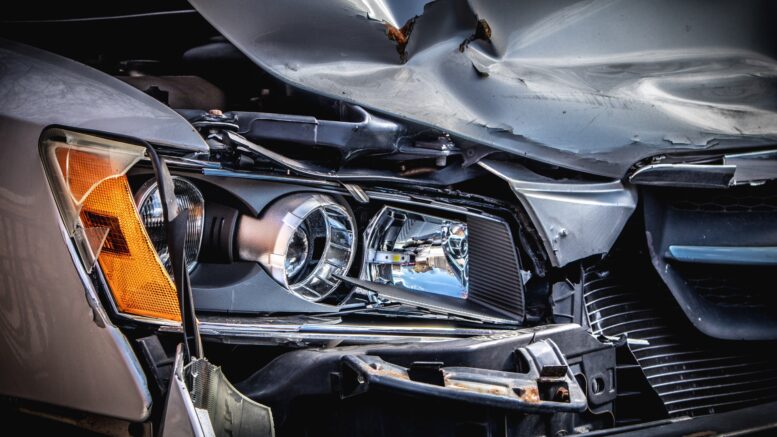If you have been injured in a car accident, you may be entitled to considerable damages as compensation. The defendants you sue have a significant impact on the outcome of your case, as well as the amount of compensation you may be able to recover.
Who to Sue in a Car Accident
Given the complexities of a car accident lawsuit, it is critical to seek legal advice from an experienced car accident lawyer. Your lawyer will assess the situation and identify prospective defendants before devising a legal plan to obtain the money you deserve.
Let’s take a deeper look at five defendants you might be able to sue in a vehicle accident case:
1. Driver
In a typical car accident case, the driver who caused the accident is the most obvious defendant, as their negligence or intentional misconduct likely caused the accident. But suing the driver isn’t always easy. In some cases, the defendant’s insurance policy limits may not cover your damages. They may also lack the financial means to compensate you.
2. Vehicle Owner
In some states, a car owner may be held legally liable for a driver’s negligence, even if the owner did nothing wrong. Assume a reckless driver hits you on the highway. Upon digging deeper, you discover the driver borrowed the car from a friend who owns it. Essentially, you could sue the owner for all damages. This allows you to recover reimbursement through the car owner’s insurance coverage.
However, take note that the vehicle owner cannot be held liable if the driver is reckless or intentionally negligent, for example, if road rage led to an intentional collision. You must prove the driver’s negligence caused the accident.
3. Employer
Employers can be held liable for employee-caused car accidents under two theories of liability. The first one is vicarious liability, where the employee caused the accident by speeding or otherwise driving negligently. In such a case, the employer may be held vicariously liable for all damages. All you need to prove is that the employee was driving as per their job description.
The second is negligent hiring and supervision. If an employee misbehaves and causes you harm, you can sue the employer for damages. The employer could be sued for negligently hiring an alcoholic to work as a delivery person for their company, for example.
4. Car Manufacturer
If the accident was caused by a defective product, you could sue the manufacturer for damages. In a defective product lawsuit, the manufacturer’s negligence is not necessary. A defective design or manufacturing process needs to be proven.
Errors in products often cause unreasonable risks of injury. For example, brakes made of weak materials that deteriorate quickly may frequently fail. In this case, the brakes are probably defective, and it could fall under manufacturer liability.
And while the law makes it easier for plaintiffs to bring claims, manufacturers have extensive resources and tend to defend against lawsuits. As a result, successful legal representation is critical.
5. Property Owner
Private and public property owners can be held liable if something about their property contributed to the car accident. Consider a tree falling from a property adjacent to a public road. If this tree falls on your car, injuring you and your passengers, you could sue the private property owner who had the tree on their property.
Get a Car Accident Lawyer
We know how stressful being in an accident can be. To determine whether you have a legal claim, you may need legal assistance. If you hire a car accident attorney, they will devote time and resources to your case. These particulars make it easier to litigate your case to achieve the best results.
